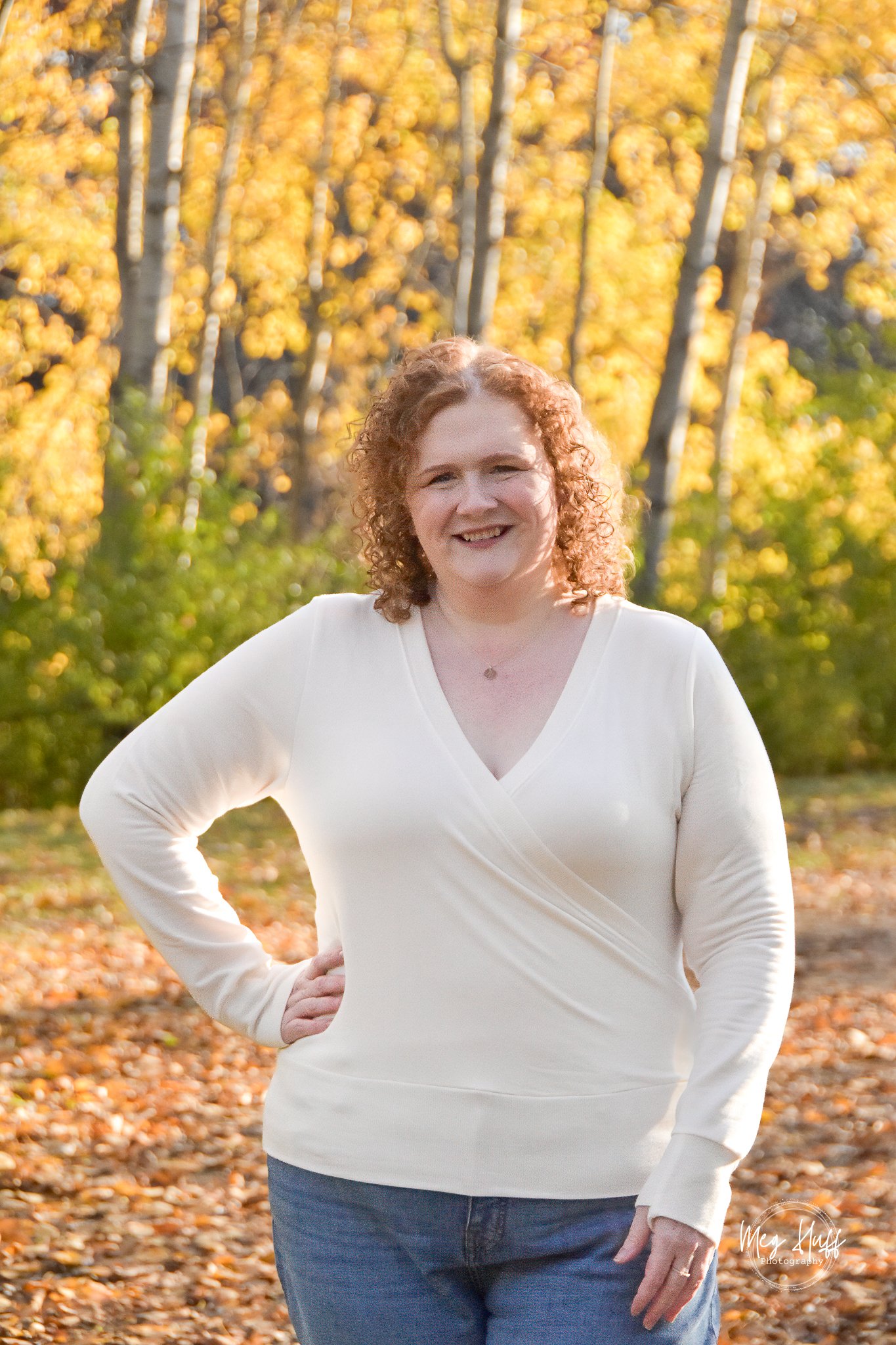Katherine Oyster, MD
About
Pronouns: She/her
Occupation and Specialty: Family Medicine/OB
Location (Clinic/hospital): Allina Cottage Grove/United Mother Baby Center
Location (City): Southeast Metro Twin Cities
Offers Telehealth: Yes
Contact Information: 651-458-1884
Bio: Family Medicine Physician serving all comers womb to tomb. Specialize in obstetrics and family planning, gender affirming hormone care, and HAES medicine. I am not currently accepting new patients for primary care but am for OB and gender affirming hormone treatment.
Approach to care
What does it look like for you to provide care to patients in larger bodies? How is, or isn’t, your approach different from how you care for patients in smaller bodies? If you work with children, how is or isn’t your approach different when working with children?
My approach is the same with both large and small bodies. I focus on supporting healthy habits rather than numbers on the scale. But I attempt to meet patients where they are at and build from there slowly. I also make no assumptions about weight (that gaining or losing it is a bad or good thing, respectively). If a patient has a concern I’m not going to assume it’s weight related and will get more history. If a patient does have a medical condition that might improve with weight reduction I present that as a treatment option (but not the only option). Ultimately everyBODY is worthy of respect and care.
What is your perspective on how weight is or is not related to health?
Not completely unrelated but certainly not related to the extent purported in the media or by many physicians. Fat people can be very healthy. Skinny people can be very unhealthy. There is some weight related illness (on both ends of the weight spectrum) but the emphasis placed on weight is probably more dangerous than the actual weight related disease burden.
Finish this sentence: “Fat people are…”
My people!
How do you, your clinic, and the healthcare system you work in use BMI (i.e BMI cutoffs for accessing certain services, BMI on charts and printouts, etc)? Is this flexible?
Unfortunately yes, there are a few BMI cutoffs I run into and some BMI related guidelines I follow for obstetric care that I must abide in order to keep my hospital privileges. Namely specific extra testing recommendations during a pregnancy (early diabetic testing, extra ultrasounds, induction guidelines). I will also try to be forthcoming about BMI cutoffs in other specialties/referrals that may be involved in a patients care.
If a patient declines to be weighed, how do you and/or your staff proceed?
We (me and my nurse) say OK and move on. There are some very specific instances where I need to know weight (pre-operative clearance, if we are starting a medication for weight management), but we can have you back onto the scale so you don’t see your weight in those instances if you prefer not to. Outside of those specific cases it doesn’t matter.
If a patient declines to discuss weight loss, nutrition, and/or exercise, how do you proceed?
I say ok and move on. There are always multiple ways to reach health goals and we can discuss those other options.
What does the physical accessibility of your office space look like? What kinds of accommodations are present for people in larger bodies? Are there things you wish were in place that are currently not?
The waiting room and each of my exam rooms has at least one armless chair. For those who rely on a wheelchair that is wider than 42 inches we do not have a doorway wider than that into patient care areas and exam rooms (this makes care not possible for patients in this situation). Exam tables are rated up to 500lbs.
What do you do to allow fat people to feel comfortable and welcome in your office?
I try and make them feel heard, respected, and take their lived experience to heart.
If you’d like to use this space to talk about any identities (gender, race, size, sexuality, etc.) you hold and how this relates to your care, please do so.
I have been fat most of my life and have had my fair share of awful experiences at the doctor’s office. I think this has helped me hone my HAES medicine chops because I never want to make anyone feel like I have been made to feel.

